According to the RE/MAX 2021 Recreational Property Report, as many as a quarter of all Canadians would consider buying a cottage or cabin. In fact, Canadians are flocking to the recreational market, driven by the affordability compared to urban markets and the fact that remote working has become easier. Before you sign on the dotted line for that waterfront cottage, however, you need to be sure this will be a sound investment. Let’s look at some things to watch for when buying a cottage and also when the best time is to buy.
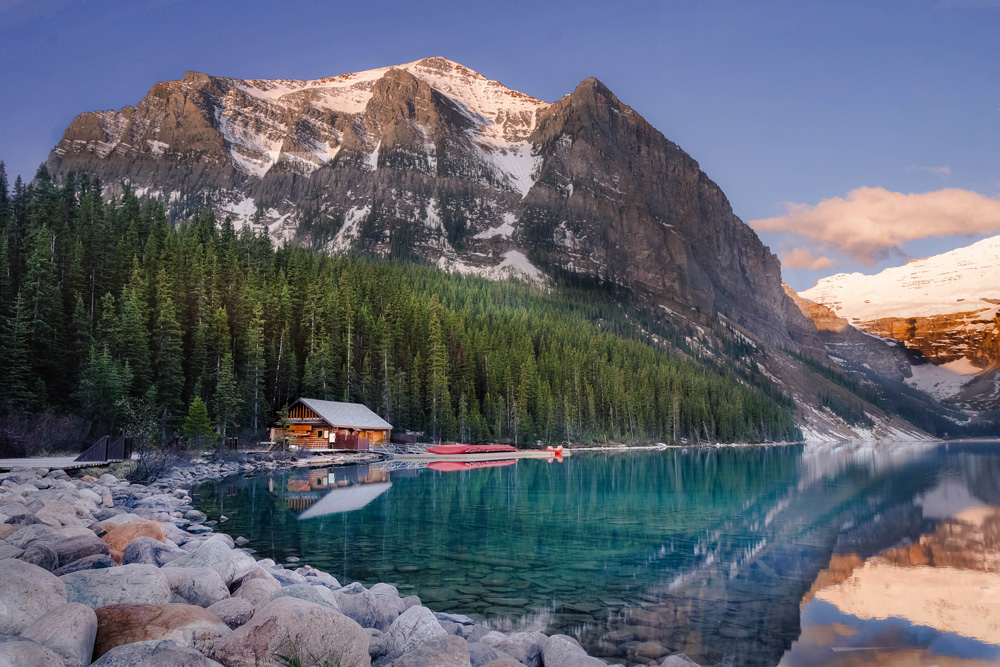
Location, Location, Location
As with any other type of real estate, when buying a cottage you need to look at its location. You can look at the cheapest place to buy a cottage in Ontario, for instance, but are they necessarily the best? If getting there is too much hassle, there isn’t much to do or you simply don’t like the climate, you may want to reconsider and look for a cottage elsewhere so that you’ll actually use it. After all, there are plenty of affordable places to buy vacation properties in Canada.
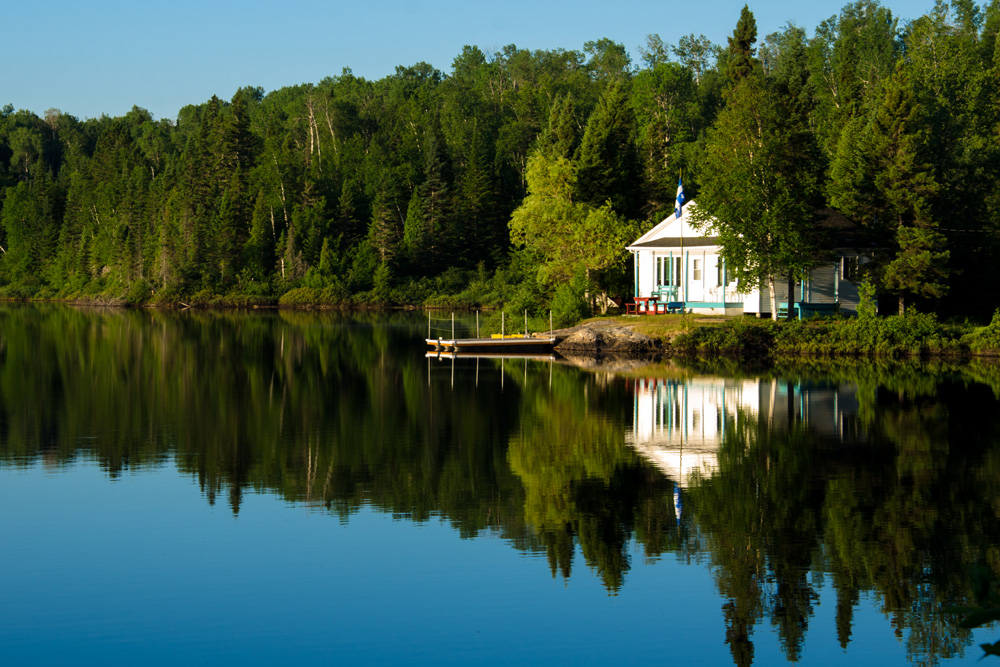
Lake Size
Most people buy their dream cottage for its proximity to a lake. The size of the lake will give you an idea of the type of water-based activities you can enjoy there. If it’s small, there will usually be less motorized boating. Medium-sized lakes are often popular for fishing while large lakes offer just about every activity and can be noisier.
Related: A One-Bedroom Cottage is Transformed Into a Spacious New Vacation Property
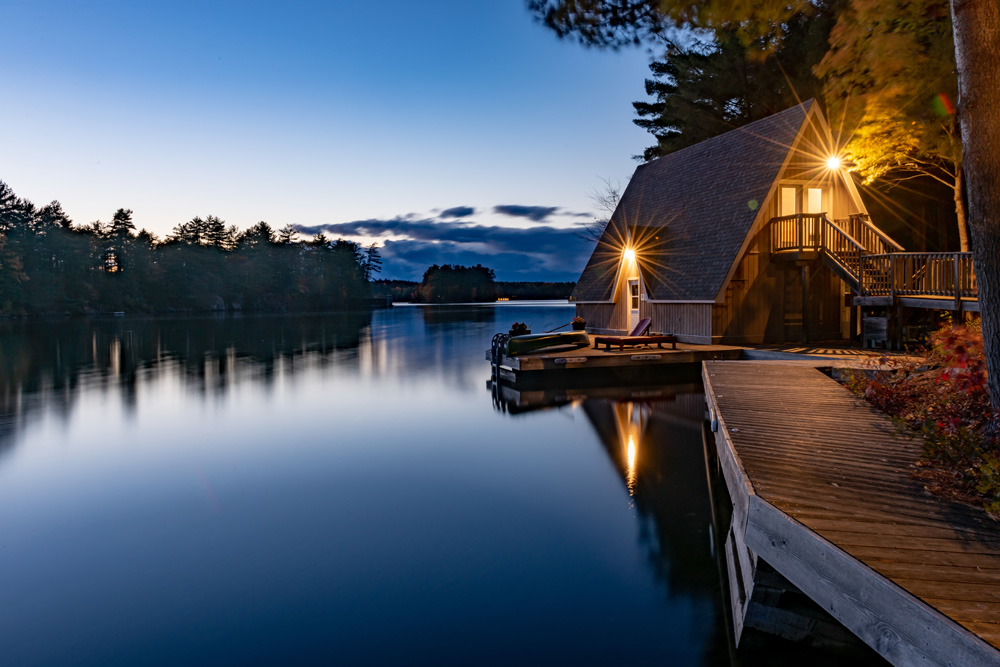
The Kind of Shoreline
Whether you’re buying a cottage in Nova Scotia or British Columbia, if you want a waterfront property you need to look at the kind of shoreline. Do you want a beach where you can have lakeside picnics and pretend you’re at Kim Cattrall’s Hamptons cottage? Or do you want to a private dock where you can keep a boat and from where you can plunge into the water on a hot day?
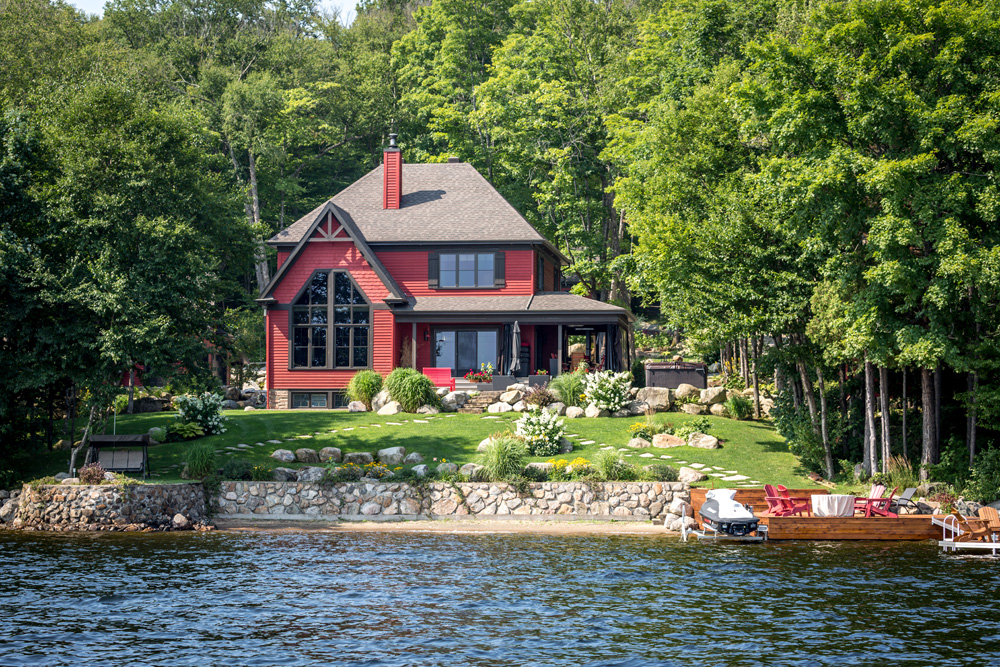
What You Can Do on the Waterfront
Just because it’s a waterfront property doesn’t mean you can do whatever you want along the shoreline. If you’re thinking of building anything like a boathouse or a dock along the shoreline, you need to own the shoreline road access. You also need to find out what you’re allowed to build, where you can build it and whether you’re allowed to add a bathroom.
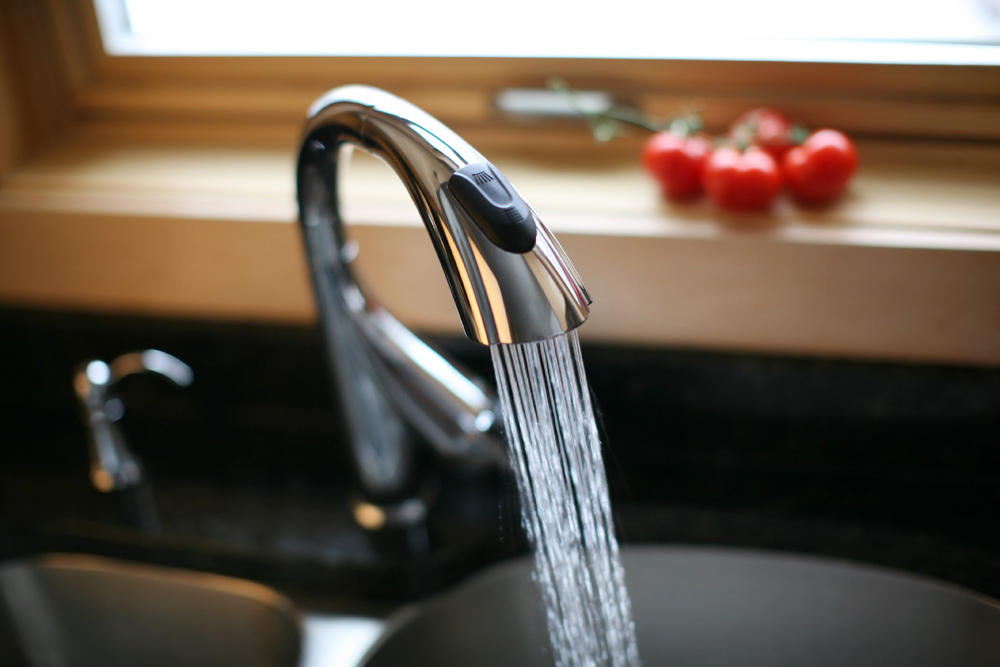
Water Quality
Next to a polluted waterway is not the best place to buy a cottage in Ontario or anywhere else. However, it’s not only the quality of the water you’ll be swimming in that’s important. The cottage will most likely get its water supply from a well or from the lake or river too and one of the things you need to know before buying a cottage is whether the water is drinkable throughout the year. So, you want to have the water quality tested to ensure that the filtration system – if there even is one – is working well.
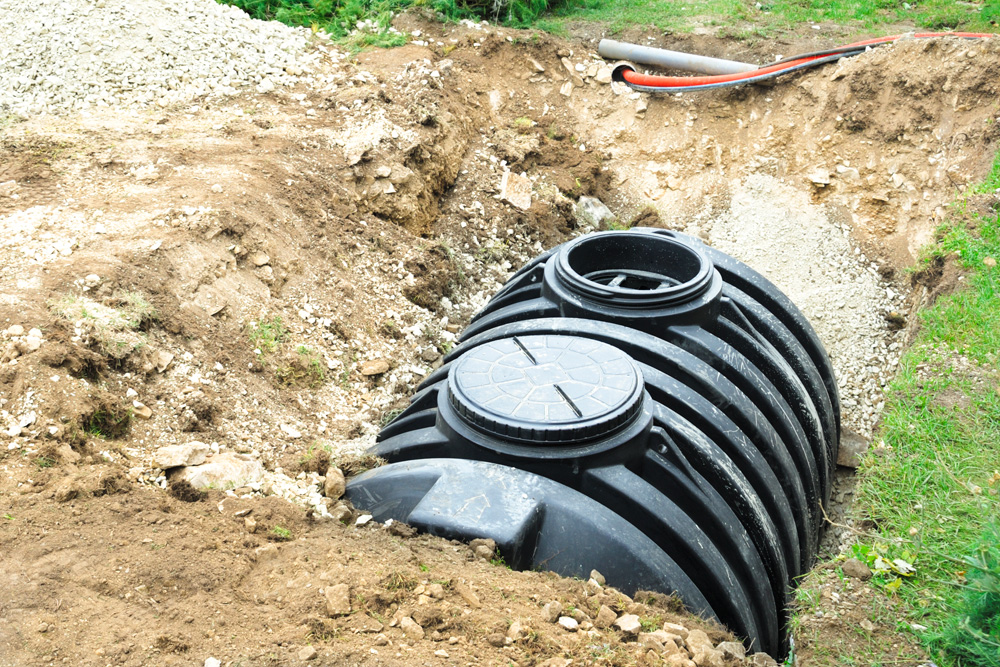
Wastewater
One of the most important first-time buyers should consider before buying in the country is the issue of wastewater: where does it go? Most cottages use a septic tank for wastewater. You’ll need to get an inspection of the septic system done to ensure that wastewater isn’t contaminating the soil or waterways: you’ll most likely need to present a septic certificate to your mortgage lender.
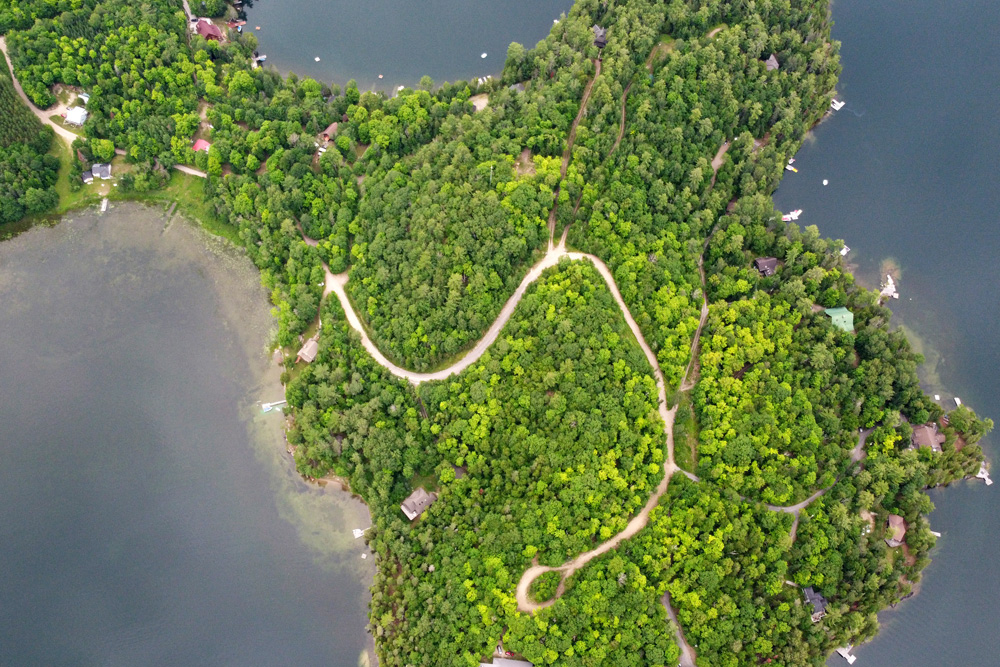
Access
Generally, cottages that are accessible only by water are less expensive. There’s a reason for this: most people don’t want to deal with the hassle of getting supplies to their vacation home if this means having to have a boat and a place to dock. If you’re planning on renovating or building on the property, you definitely need road access for delivery vehicles and workers.
Related: 6 Things You Should Never Forget to do When Closing the Cottage or Cabin for Winter
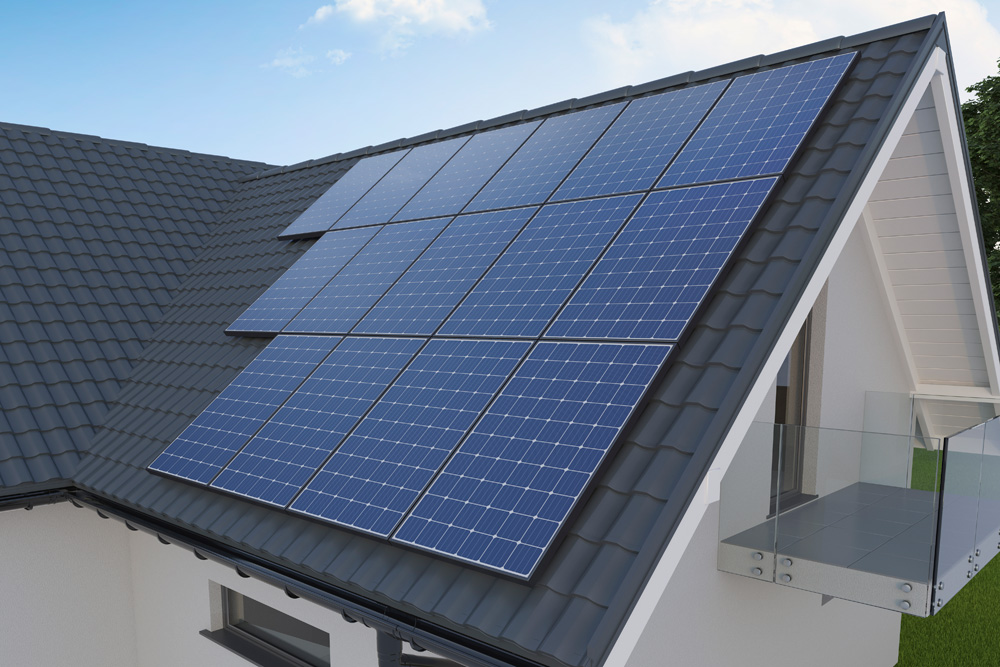
Electricity and Internet
If you’re planning on working remotely from your cottage, don’t forget that among the things every home office absolutely needs are the two things you might be taking for granted: electricity and internet. If a cottage even has electricity and internet, it might be very expensive and spotty. Check the options for getting connected to the grid or installing solar panels and how to get reliable internet service without having to take out another mortgage to pay for it.
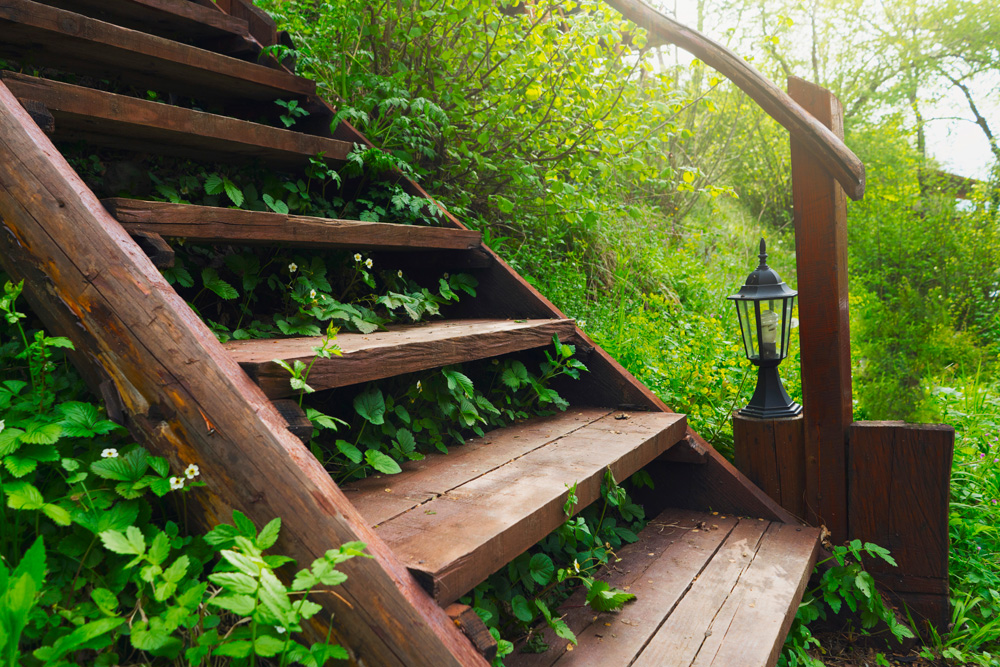
Elevation
If having a spectacular view is important to you, you may want to look for a cottage that’s more elevated. However, this will also mean a steep set of stairs to get to the water and back: children, retirees and anyone with mobility issues will hate the climb. Elevation will also make it more difficult for heavy vehicles – such as trucks bringing building supplies – to reach the cottage.
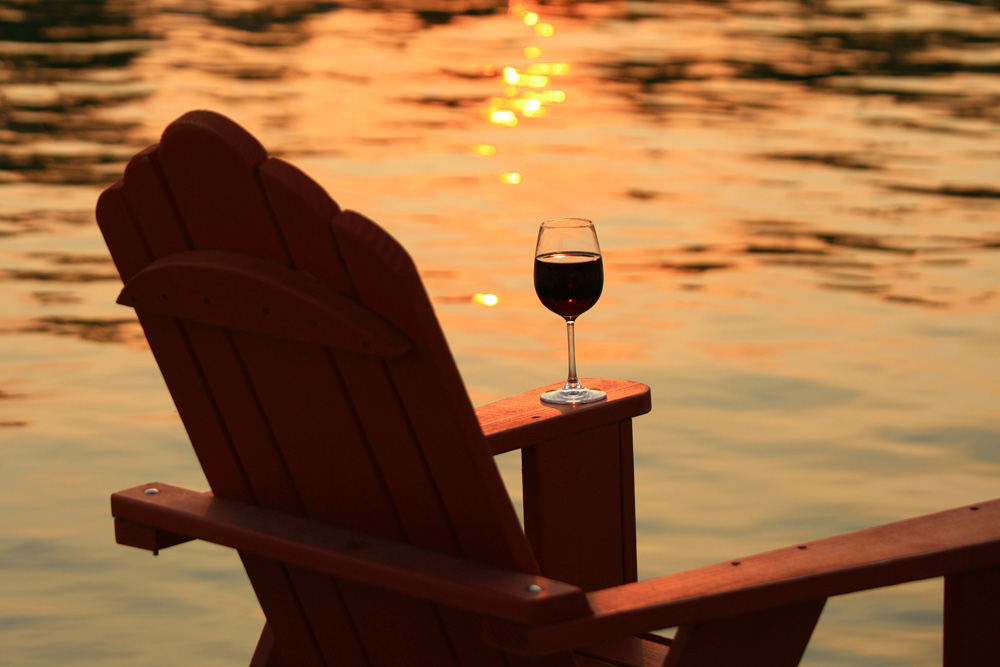
Exposure
Making use of the sun’s power is one of the clever ways you can save money on your hydro bill. The exposure your cottage gets can also affect your vacation experience. If you want to watch the sunset over the lake, look for western or southwestern exposure. If you like getting up early to watch the sunrise, eastern exposure is best. This will also allow the dock to dry quicker. Northern exposure means less sunlight but also a cottage that remains cooler.
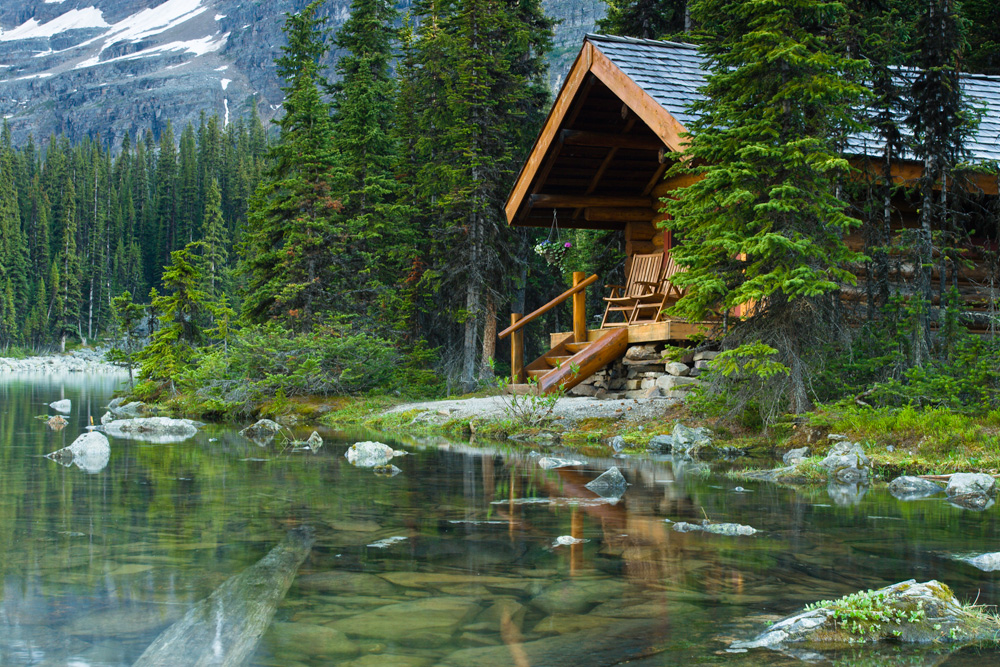
Privacy
If privacy is important to you, you want a cottage that’s located on a quiet lake, with only a few neighbours further away. Check the types of trees on the property: if they lose their leaves in winter, how exposed will the property be? If you’re looking at how to find a cottage to buy, remember local bylaws on the public’s right to use waterways and their right of landing too: the lakeshore may be considered Crown land and you can’t prohibit others from using the beach in front of your cottage.
Related: This Open-Concept Cottage is the Perfect Little Getaway
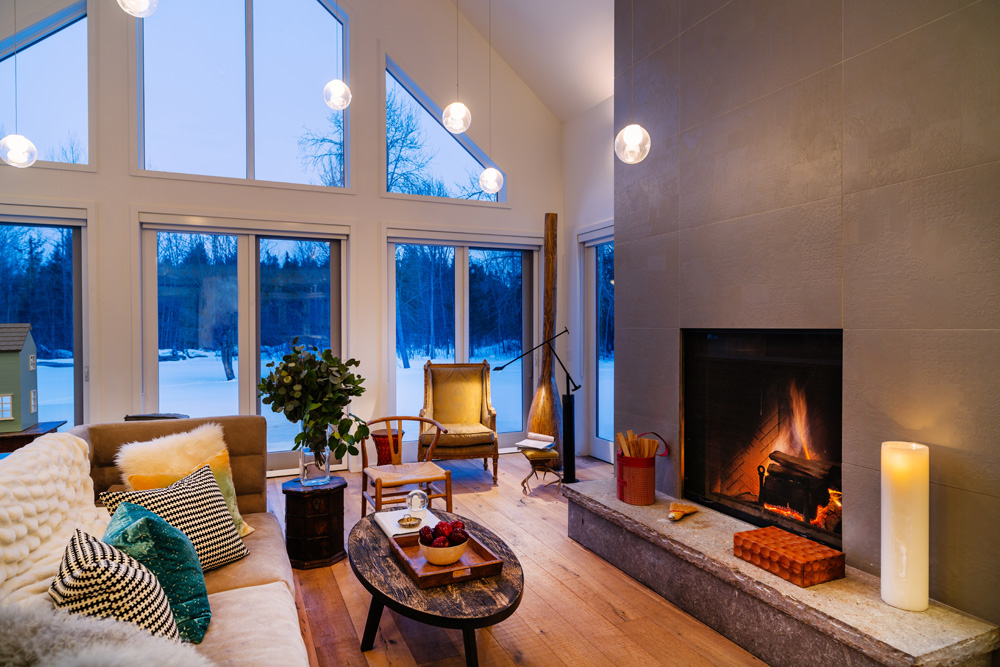
Empty vs. Developed Lot
Buying an empty lot and building your dream cottage according to your specs may seem like a great option. However, building from scratch is more expensive the further away from a major centre you are because distance affects workers’ travel costs and delivery costs for building supplies. Even major renovations can become too pricey to be worth it. In the end, it may be more economical to buy a developed lot and use fresh cottage decorating ideas to make it feel like home.
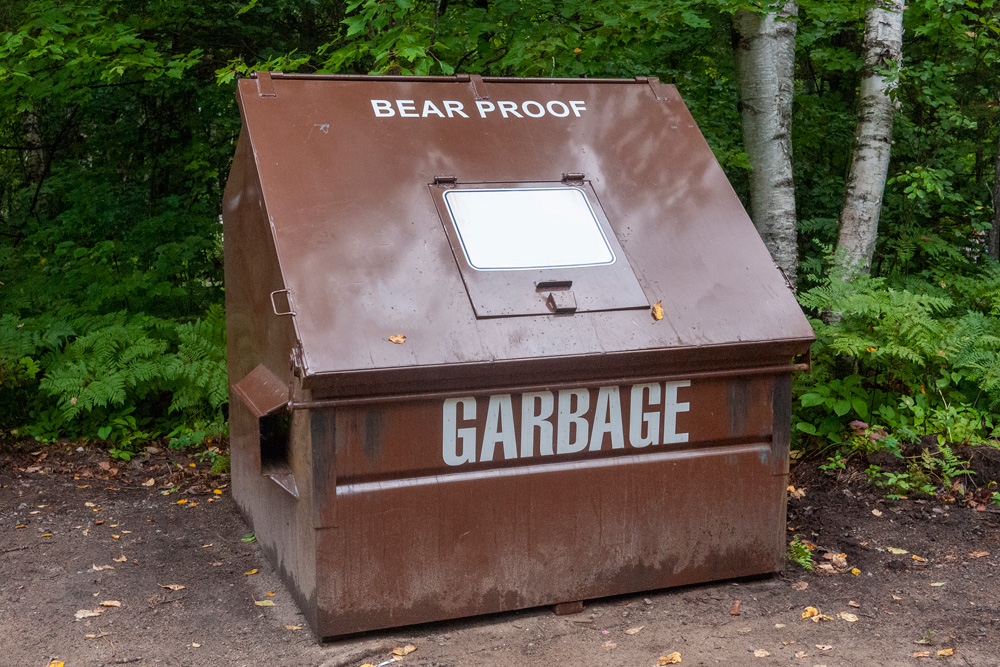
Pests
One of the great things about a country cottage is that you have a good chance of spotting the local wildlife. It’s less great though when you spot the local wildlife inside your cottage. One of the best tips for buying a cottage in Ontario or elsewhere is to check not only for signs of pests but also that there are measures in place to keep pests out: bear and raccoon proof garbage cans and deer fences, for instance.
Related: From Squirrels to Bugs, 15 Natural Repellents for Every Pest Plaguing Canadian Gardens

Local Realtor
You’re going to need a local lawyer to handle the legal paperwork of buying the cottage, so it’s a good idea to hire a local realtor too. They can recommend a local lawyer. Moreover, while realtors from elsewhere can look up the local bylaws, there is insider knowledge that only a local realtor can have: the quirks of living in the community, for instance.
Related: Scott McGillivray Transforms a Run-Down Cottage Into a Pet-Friendly Vacation Rental Paradise
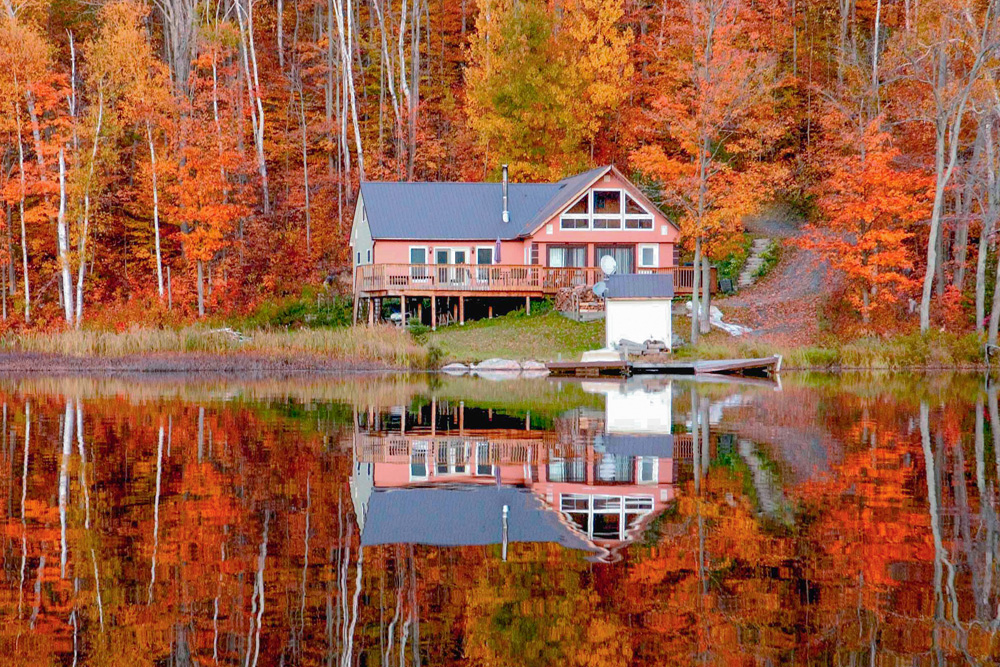
When to Buy
Is now a good time to buy a cottage? If you can afford it, yes. It’s a seller’s market and as more and more people want to escape the city, cottage prices will only rise. The best time to buy is in the fall: people who were already thinking of selling may have waited to have one last summer at the cottage before putting it on the market. Many sellers also want to get rid of the property before they have to bear the costs of winterproofing the cottage, so they may settle for a lower asking price.
HGTV your inbox.
By clicking "SIGN UP” you agree to receive emails from HGTV and accept Corus' Terms of Use and Corus' Privacy Policy.





